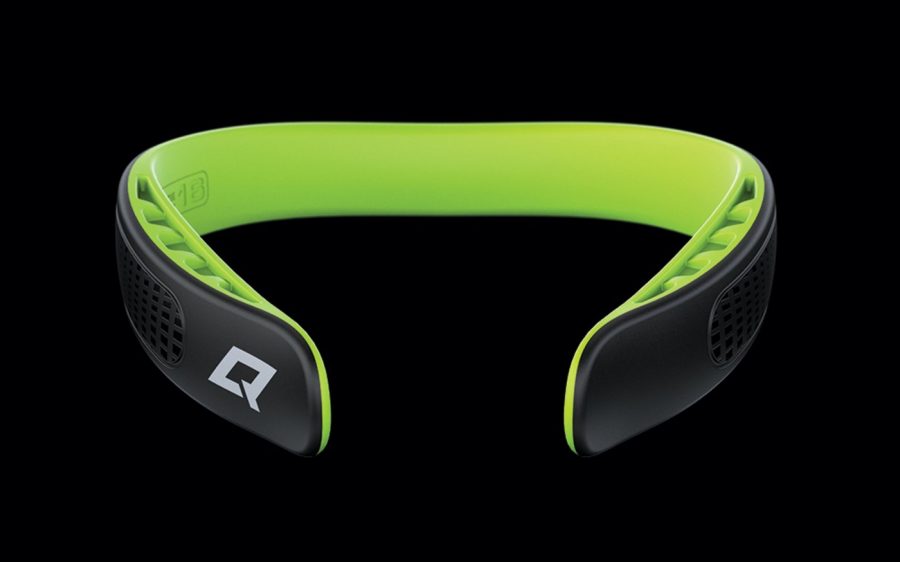Podcast (nourishyourhealth): Play in new window | Download (Duration: 37:18 — 68.3MB)
Subscribe: RSS
Dr Jason Cormier, a Lafayette neurosurgeon, joins us for his second interview, this time to focus on traumatic brain injuries, in athletes of all ages who are engaged in high-impact sports.
Dr. Cormier actively assists the NCAA and the NFL in working to prevent brain injuries. We reached out to him after Damar Hamlin of the Buffalo Bills collapsed suddenly during a Monday Night football game after rising from a hit. And sadly, just two weeks after Hamlin’s injury, Russell Gage was injured late in the 4th quarter in the Tampa Bay/Dallas Cowboys game after a rough hit to the head rendered him unable to get up. After being transported off the field on a cart, Gage was diagnosed with a concussion and possible neck injuries. With high-profile NFL injuries making the news, some wonder if football will always be a part of our lives.
While NFL Football seems to be one of the roughest and toughest of all sports, Dr. Cormier provides insight into the dangers of all sports’ activities. Basketball players routinely suffer from concussive head injuries. Death rates in the NFL are 6 per million; in equestrian activities, the death rate is 20 per million, and in girls’ soccer, the death rate is 15 per million.
In the U. S., 1.6 to 3.8 million concussive injuries occur each and every year, and these are only the ones that are reported so the figure may be much higher. 300,000 of these injuries are from football and Dr. Cormier reports that 62,000 of these take place in high school-age players. All in all, there is a 19% likelihood that you will sustain a concussion or head injury if you participate in any high contact sports. And if you have had a concussion, it is likely that you also sustained some type of neck injury.
Gladiator sports have been appealing to spectators going back to the Roman Empire time period. It is unlikely that we will see a diminished interest in today’s exciting, but dangerous sporting activity. So, Dr. Cormier recommends that parents get as much information as they can for their children as to how to protect them with current technology and best practices. And above, emphasize a reliable and time-tested way to survive in the world: an education!

Dr. Cormier is an engaging guest and full of information on the latest protective technologies to protect our most precious commodity: our brain. We thank Jason Cormier for his contributions to the medical community here in Lafayette and across the U. S.!



